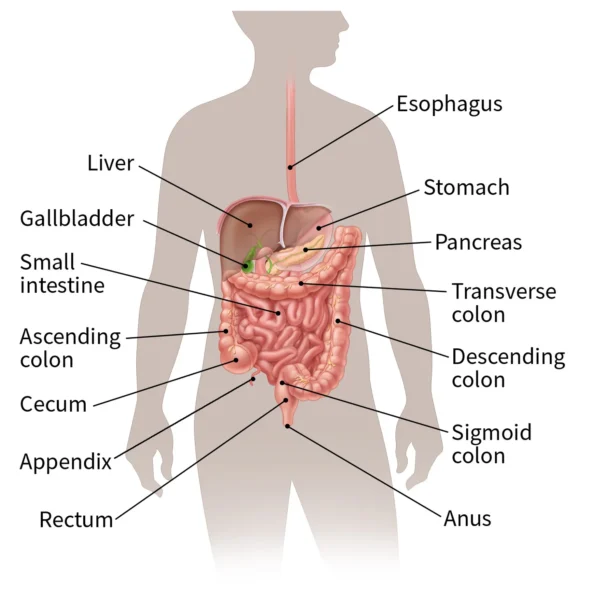A comprehensive global analysis has unveiled a concerning trend: early-onset colorectal cancer is surging worldwide, with 27 out of 50 countries showing increased rates among young adults. The pattern is particularly striking in 14 nations, including the United States, where cases are rising in younger populations while remaining stable in those over 50.
Published in The Lancet Oncology | Estimated reading time: 5 minutes
The study, led by researchers at the American Cancer Society (ACS), paints a picture of a growing global health challenge that transcends geographical and economic boundaries. “The increase in early-onset colorectal cancer is a global phenomenon,” notes Dr. Hyuna Sung, senior principal scientist at the American Cancer Society and the study’s lead author.
The research reveals particularly dramatic increases in several regions, with New Zealand and Chile leading the surge at 4.0% annual increases, closely followed by Puerto Rico at 3.8%. Perhaps most concerning is the observation that in many countries, including the United States, England, and Australia, this upward trend in young adults contrasts sharply with stable or declining rates in older populations.
Gender differences emerged as a significant factor in the analysis. In countries like Chile, Puerto Rico, and Sweden, men experienced faster increases, while nations such as England, Norway, and Australia saw more rapid rises among young women. The highest current rates of early-onset colorectal cancer were found in Australia, Puerto Rico, New Zealand, the United States, and the Republic of Korea, ranging from 14 to 17 cases per 100,000 people.
Michelle Mitchell, chief executive of Cancer Research UK, emphasizes the significance of these findings: “This research has revealed for the first time ever that rates are rising more sharply in England than in many other countries around the world.” The study has prompted increased attention to the need for earlier screening and awareness of symptoms among younger populations.
About Colorectal Cancer
Colorectal cancer begins in the colon or rectum, which together form the large intestine. The colon, a muscular tube approximately 5 feet long, plays a crucial role in our digestive system by absorbing water and salt from food matter after it passes through the small intestine. Most colorectal cancers develop from growths called polyps on the inner lining of the colon or rectum. While polyps are common, especially with age, and most are benign, certain types – particularly adenomatous polyps – can develop into cancer over time. The risk increases with polyp size (especially if larger than 1 cm), quantity (more than 3 polyps), and cellular abnormalities. The cancer can then grow through the wall of the colon or rectum, potentially spreading to blood vessels, lymph vessels, and ultimately to other parts of the body.
Glossary
- Early-onset colorectal cancer: Colorectal cancer diagnosed in individuals under 50 years of age
- Age-standardized incidence rates: Cancer rates adjusted to account for differences in age distribution across populations
- Average annual percentage change (AAPC): A statistical measure that quantifies the rate of change in cancer incidence over time
Test Your Knowledge
What age group is considered “early-onset” for colorectal cancer?
Early-onset colorectal cancer refers to cases diagnosed in people aged 25-49 years.
Which two countries showed the highest annual increase in early-onset colorectal cancer?
New Zealand and Chile both showed a 4.0% annual increase, the highest among all countries studied.
How many countries showed increasing rates in young adults while having stable or decreasing rates in older adults?
14 countries demonstrated this pattern, indicating a significant generational shift in colorectal cancer incidence.
What is the current incidence rate range for early-onset colorectal cancer in the highest-risk countries?
The highest-risk countries show rates of 14 to 17 cases per 100,000 people, specifically in Australia, Puerto Rico, New Zealand, the U.S., and the Republic of Korea.
Enjoy this story? Subscribe to our newsletter at scienceblog.substack.com.


